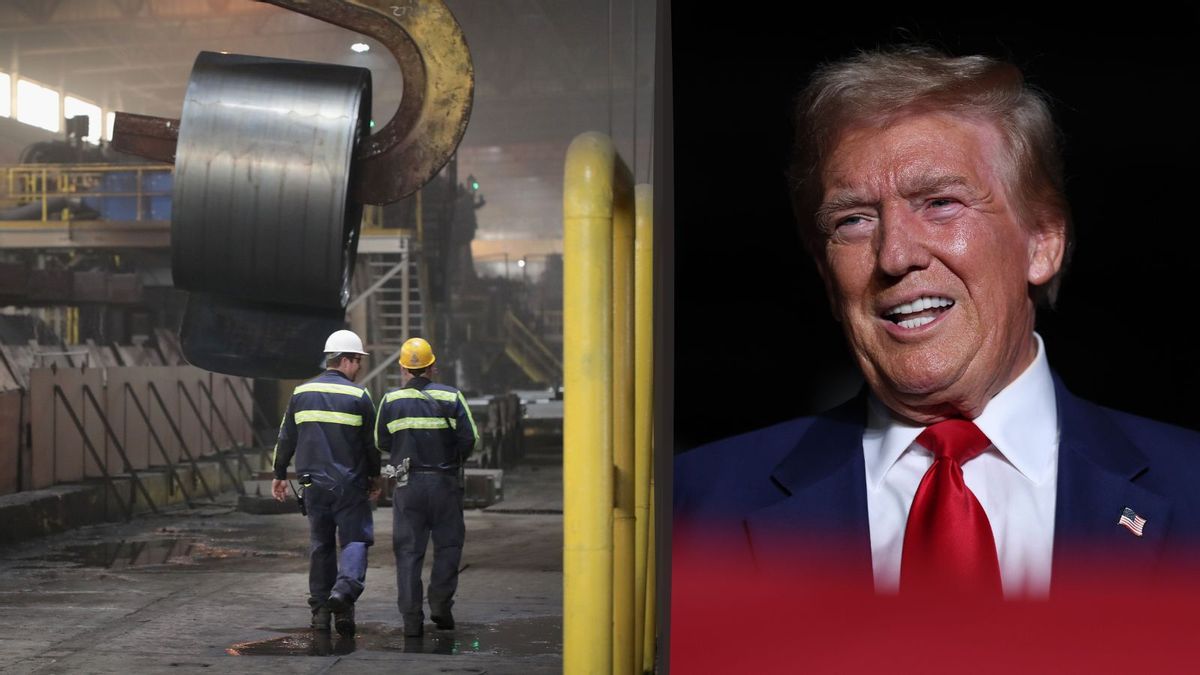
The tariffs former U.S. President Donald Trump put in place, maintained by President Joe Biden, filtered down to consumers and increased their yearly expenses, acting like a sales tax.
Various economic models have shown that consumers have "borne the brunt" of this protectionist measure, with the lowest-income households paying the largest proportion of their income. Geographically, economists have found that Republican counties were most negatively affected. Economists expect Trump's proposed additional tariffs, should he be reelected, to act in much the same way.

While the main argument for proponents of tariffs is that they help protect or "bring back" jobs to the U.S., the research revealed the 2018-19 round of tariffs and the ensuing trade war had uneven effects across sectors.
For some protected sectors, such as steel, hiring did not increase. For others, job creation was swiftly canceled out by job loss in separate areas of the economy, such as agriculture, which the Trump administration had to bail out. On jobs, tariffs were, at best, a wash.
Similarly, experts forecast job loss would follow the implementation of new tariffs. Despite these effects, experts found that Republican support for tariffs only increased. U.
S. assets may come under pressure should Trump be reelected and should his administration impose additional tariffs. While the U.
S. dollar may first gain in strength, making U.S.
exports less attractive, in time it would weaken due to lagging growth. Financial strategists expect bonds would perform well as a refuge for investors seeking cover from a sluggish economy. Banks like Goldman Sachs and Barclays have said U.
S. company earnings would take a hit because of new tariffs, putting a cap on U.S.
stock performance. Overall, most economic and financial experts said additional tariffs would shave a few basis points off of GDP growth, and would create inflationary pressure as their cost passes through to consumers and opportunistic domestic..
. Anna Rascouët-Paz.










